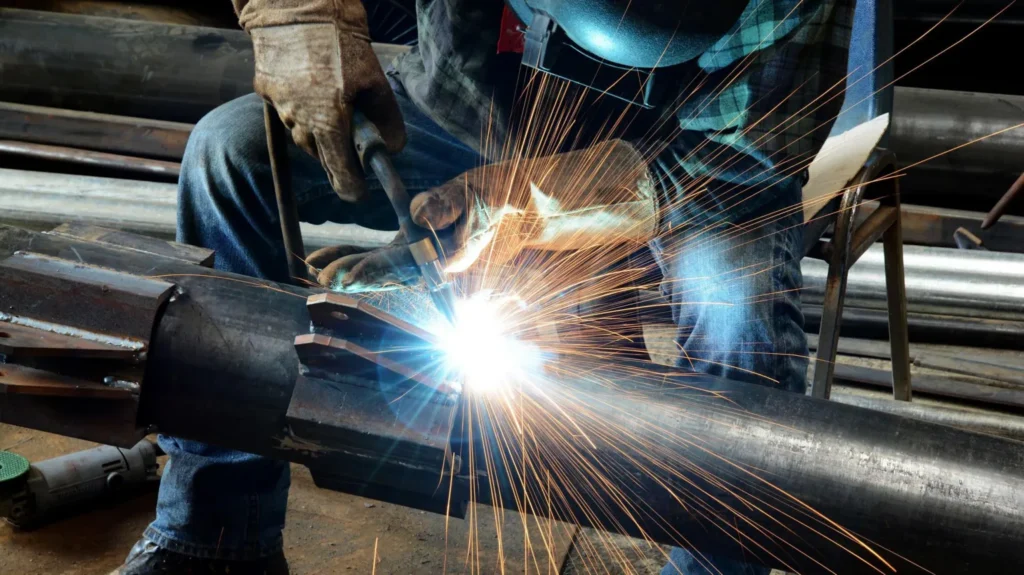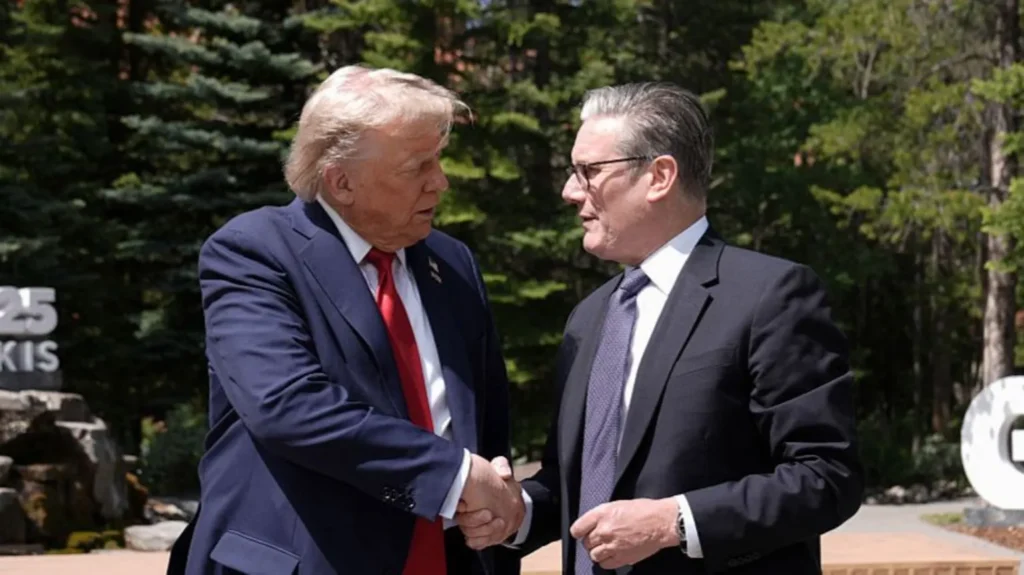
UK-US Tariff Deal Begins, but Steel Dispute Still Looms
A new trade agreement between the UK and the US has come into effect, reducing import tariffs and granting British carmakers improved access to the American market—the world’s largest for consumers.
Under the deal, UK motor manufacturers can now export up to 100,000 vehicles to the US at a reduced tariff rate of 10%, down from 27.5%, giving them a competitive edge over other international producers. Tariffs on UK aerospace exports have also been eliminated entirely.
In exchange, the UK has agreed to remove tariffs on US beef and ethanol imports. However, the British bioethanol industry has warned the move will severely undermine its ability to compete with American producers.
Despite progress in several sectors, UK steel and aluminium exports remain subject to a 25% tariff, which could rise to 50% if a new agreement is not reached by the looming 9 July deadline.
The agreement, signed earlier this month at the G7 summit, partially rolls back wide-ranging tariffs imposed by former President Donald Trump, which disrupted global markets when first introduced in April.
Prime Minister Sir Keir Starmer hailed the agreement as a “historic deal” that would protect crucial industries and bolster the UK economy. Business and Trade Secretary Jonathan Reynolds said the tariff cuts would save UK industries “hundreds of millions each year” and protect “thousands of jobs.”
However, uncertainty remains for the UK steel industry.
Liam Bates, UK managing director at Sheffield-based Marcegaglia, which manufactures stainless steel rods and bars, told BBC Radio 4’s Today programme that the lack of clarity over steel tariffs was “frustrating” and created “a lot of uncertainty.”
The initial 25% tariff has already made US trade more difficult, he said—but the prospect of it doubling to 50% by 9 July is a “massive headache.” Marcegaglia supplies raw materials from its Sheffield plant to its US facility, but long shipping times mean the company risks sending £3–£4 million worth of goods without knowing whether the duty will be 0% or £1.5 million.
“It puts us in an extremely difficult position as we try to plan production in the US,” Bates said.
In an interview with Fox News on Sunday, Donald Trump said he was unlikely to extend the 9 July deadline for trade negotiations but did not rule it out completely.
“I don’t think I’ll need to,” he said. “I could—no big deal.”

As part of the new trade agreement, the UK will eliminate a 20% tariff on US beef imports and raise the import quota to 13,000 tonnes. This has sparked concerns among some British farmers and consumers, who fear it could lead to the import of hormone-treated beef—a common practice among American producers to promote growth. However, the UK government insists that strict certification procedures and border checks will prevent such products from entering the market.
The deal also removes the 19% tariff on US ethanol, allowing up to 1.4 billion litres to enter the UK duty-free. The UK bioethanol industry has warned that this change could make it impossible to compete with heavily subsidized US ethanol, threatening domestic production.
In April, former President Donald Trump introduced broad reciprocal tariffs on many of the US’s trading partners, though he paused them shortly after to allow time for negotiations. On Friday, Trump announced he had ended trade talks with Canada in response to its digital services tax. However, Canada’s finance ministry said on Sunday it had now rescinded the tax in hopes of restarting discussions.
The US and Canada maintain one of the world’s largest bilateral trading relationships, accounting for more than $900 billion (£656 billion) in goods and services in 2024.
Meanwhile, other countries are seeking their own deals with Washington. Thailand’s Commerce Minister Pichai Naripthaphan announced that talks with the US are expected soon, aiming to reduce tariffs on Thai exports from 36% to as low as 10%.


